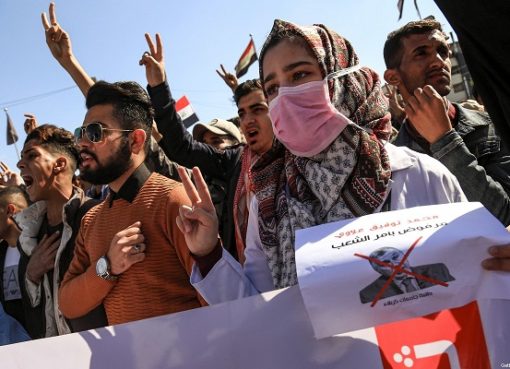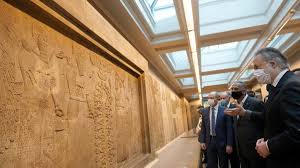BY ABBAS KADHIM AND SARA VAKHSHOURI
Electricity is a top national security priority for most countries. Thus, access to an uninterrupted flow of low-priced and adequate energy supplies to fuel power generators and sustain the supply of electricity lies at the heart of their energy strategies. On taking office in October 2018, Iraq’s former minister of electricity, Luay al-Khatteeb, described elec- tricity as a “national security priority.” In a similar vein, in his address to the Atlantic Council on February 7, 2020, US Energy Secretary Dan Brouillette said that in his upcoming meetings at the Munich Security Conference he planned to emphasize the fact that “energy security is indeed national secu- rity.”1 For Iraq, a country depleted by wars, terrorism, and incompetent gov- ernance, economic recovery is impossible unless infrastructure is restored to functional levels. Iraq’s electricity sector needs immediate attention.
Iraq’s electricity infrastructure has been neglected since the 1980s. In that decade, Iraqi funds were diverted to the staggering cost of the Iran-Iraq War (1980-88). Early in the 1990s, Iraq’s electricity facilities were bombed by a US-led coalition during the Gulf War (1990-91). Following the war, restoration of these facilities was severely restricted as a consequence of stringent eco- nomic sanctions imposed on Iraq by the United Nations Security Council. The sanctions would remain in place until Saddam Hussein’s regime was toppled in a US-led invasion in 2003. Although Iraq’s new political system, which has been in place since 2003, has enjoyed wide international support and the gradual removal of sanctions, the electricity sector has witnessed no real im- provement. On July 15, 2020, Iraqi Prime Minister Mustafa al-Kadhimi said that although Iraq has spent more than $62 billion on electricity since 2003 adequate supplies are still a challenge due to bad planning and corruption.
Read the rest of the report here.








Comment here